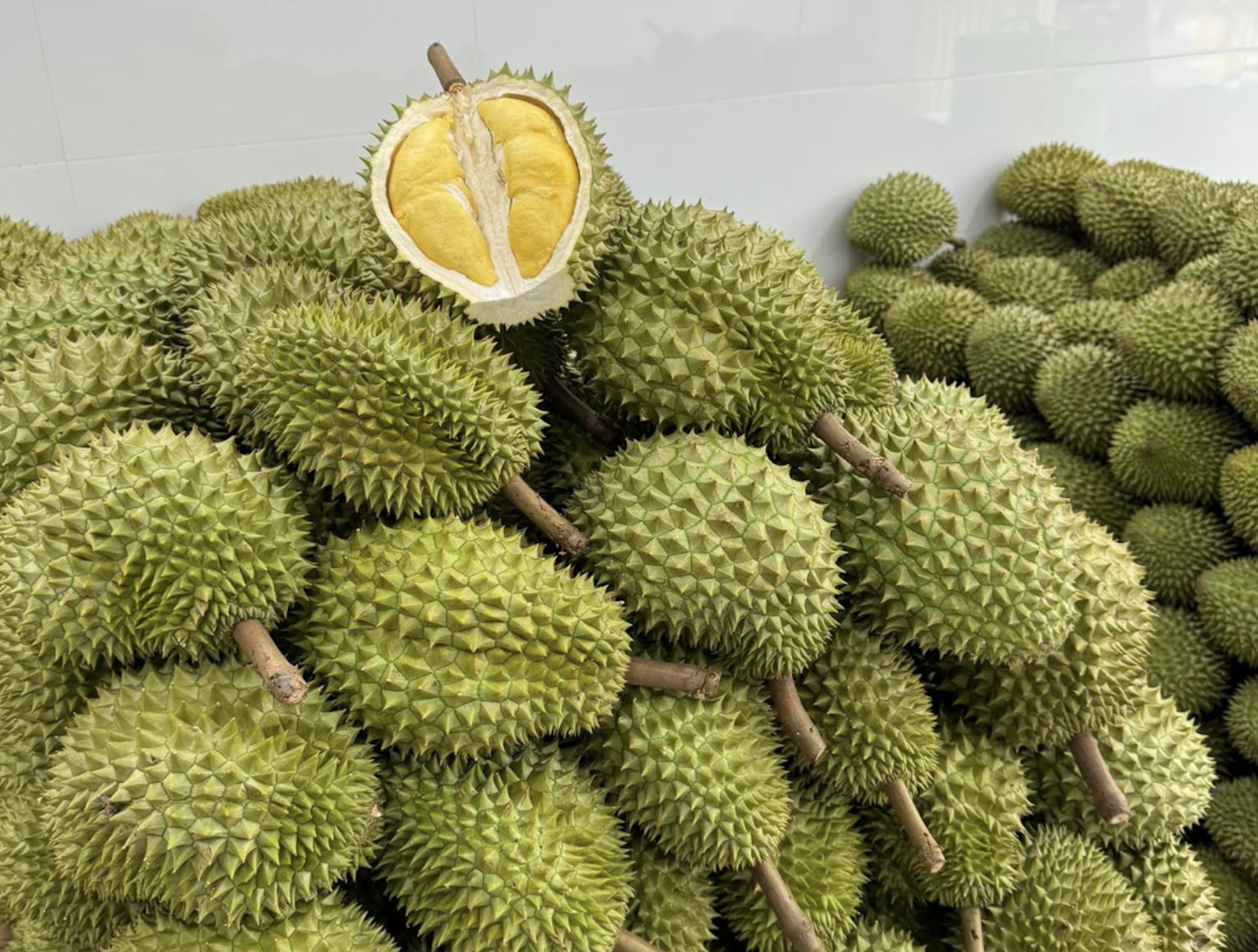
The Plant Protection Department under the Ministry of Agriculture and Rural Development (MARD) recently reported alerts from importing nations, including China’s General Administration of Customs. These alerts cited non-compliance with phytosanitary and food safety standards for shipments of fresh durians and jackfruits from Vietnam.
"If these issues are not properly controlled, they could severely damage the reputation and market share of Vietnamese agricultural products on the international stage," emphasized Nguyen Quang Hieu, Deputy Director of the Plant Protection Department.
Strengthening compliance to protect the industry
To address these concerns, the Plant Protection Department has directed local agricultural departments, quarantine stations, and exporters to enhance oversight of planting areas and packing facilities.
Efforts include regular inspections, the implementation of food safety monitoring programs, and adherence to export quality standards. Regions and facilities failing to meet regulations risk having their export codes revoked.
The department also mandated residue testing for pesticides, heavy metals, and traceability verification as prerequisites for issuing and maintaining export codes.
Additionally, to prevent fraud in the use of export codes, owners of planting area and packing facility codes must notify provincial authorities if they authorize third parties to export products under their codes. Starting January 20, 2025, regional quarantine offices will use provincial reports to conduct inspections for shipments not directly exported by code owners.
Persistent challenges with food safety
Recent incidents highlight the importance of these measures. In December 2024, the Vietnam Fruit and Vegetable Association issued an urgent warning about fraudulent activities involving counterfeit planting area and packing codes. Scammers reportedly used fake seals and forged signatures to facilitate unauthorized exports to China.
In another setback, the European Union increased its inspection rate for Vietnamese durian at entry points from 10% to 20%, citing excessive pesticide residue. EU authorities detected residues of Carbendazim, Fipronil, Azoxystrobin, and other pesticides exceeding permissible levels.
A call for sustainable food safety practices
Minister of Agriculture and Rural Development Le Minh Hoan emphasized that food safety is essential for sustaining Vietnam’s agricultural growth.
"Our actions ensure that food reaching consumers is safe while also building trust in Vietnamese agricultural products in global markets," said Minister Hoan.
He called for a commitment to quality at every stage of production, from fresh produce to processed goods, to make Vietnamese agricultural products synonymous with safety and reliability worldwide.
With advancements in technology such as artificial intelligence (AI), the Internet of Things (IoT), and Big Data, agricultural authorities have an unprecedented opportunity to improve food safety monitoring, making the process more precise and efficient.
"By prioritizing safety and sustainability, we not only protect consumers but also empower our farmers, processors, and exporters to thrive in global markets," the Minister concluded.
Tam An